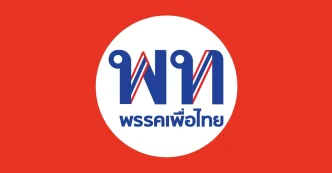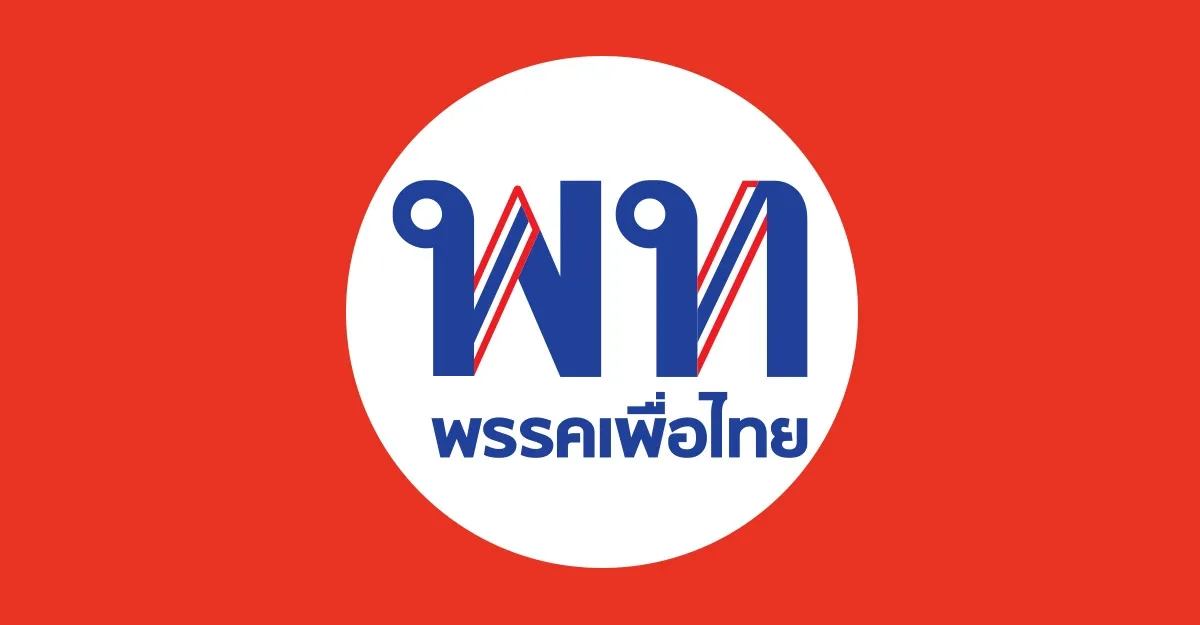Thailand’s ruling Pheu Thai Party, led by Prime Minister Paetongtarn Shinawatra, has thrown down a political gauntlet with a high-stakes proposal to coalition partner Bhumjaithai Party. In a bid to reclaim control of the powerful Interior Ministry, Pheu Thai has offered two ministerial positions—Health Minister and Minister to the Prime Minister’s Office—in exchange, setting a tight 48-hour deadline for a decision. The move, announced on June 17, 2025, has intensified tensions within Thailand’s fragile coalition government, raising questions about the stability of the administration amidst competing interests and historical rivalries.
A Strategic Power Play
The Interior Ministry, currently held by Bhumjaithai under Deputy Prime Minister Anutin Charnvirakul, is a critical portfolio in Thai politics. It oversees local administration, provincial governance, and significant budgetary allocations, making it a linchpin for political influence across the country. Pheu Thai’s push to regain control—lost in previous coalition negotiations—signals a calculated effort to consolidate power under Paetongtarn’s leadership, who assumed office as Thailand’s youngest prime minister in 2024.
The proposal, formally communicated on June 17 at 3:00 pm, offers Bhumjaithai the Ministry of Public Health and a position under the Prime Minister’s Office. However, Bhumjaithai has until 3:00 pm on June 19 to respond, a deadline that underscores the urgency and pressure of the negotiations. Sources within Pheu Thai suggest confidence in their strategy, estimating that even without Bhumjaithai, the coalition could maintain a majority with around 260 MPs in the House of Representatives, potentially bolstered by defectors from opposition ranks.
Paetongtarn, addressing the press on June 19 at Government House in Bangkok, appeared flanked by senior Thai army commanders and government ministers, projecting a unified front. While she did not directly comment on the negotiations, her gesture-heavy demeanor signaled determination, as captured by international media. The optics of military presence, though routine in Thai political events, added a layer of gravitas to the unfolding drama.
Bhumjaithai’s Defiant Stance
Bhumjaithai, a key player in Thailand’s coalition politics with a strong base in rural constituencies, has reacted with defiance. The party is set to announce its official position on June 18 at 11:00 am from its headquarters, but early indications suggest rejection of Pheu Thai’s terms. High-ranking sources within Bhumjaithai have expressed frustration, alleging that Pheu Thai is selectively targeting their portfolios while leaving other coalition partners, such as the United Thai Nation Party (UTN), untouched despite UTN’s recent internal divisions.
“We will not accept a partial reshuffle that only affects us” a senior Bhumjaithai official reportedly stated, emphasizing the party’s demand for a comprehensive reallocation of ministries across all coalition partners. The party views the offered positions—particularly the Minister to the Prime Minister’s Office—as lacking substantive influence, especially since multiple individuals already hold similar roles without clear mandates from the Prime Minister.
The Ministry of Public Health, while significant, is also seen as a less attractive trade-off. Speculation among political analysts points to possible ulterior motives behind Pheu Thai’s offer, with some suggesting the Health Ministry no longer aligns with strategic interests tied to former Prime Minister Thaksin Shinawatra, Paetongtarn’s father, particularly amid ongoing legal and regulatory pressures in the medical sector. Current Health Minister Somsak Thepsuthin has reportedly struggled to navigate these challenges, further diminishing the portfolio’s appeal to Bhumjaithai.
Coalition Dynamics and Historical Context
Thailand’s coalition governments have long been characterized by delicate balancing acts, with ministries often serving as bargaining chips to maintain alliances. Pheu Thai, historically linked to the populist policies of Thaksin Shinawatra, has faced criticism for its dominance in coalition arrangements, frequently clashing with smaller partners over key portfolios. The Interior Ministry, in particular, has been a point of contention, as it offers direct access to grassroots political machinery—a vital asset ahead of future elections.
Bhumjaithai, under Anutin Charnvirakul, has positioned itself as a pragmatic yet assertive partner, leveraging its parliamentary seats to secure influential roles. Anutin’s tenure as Interior Minister has been marked by efforts to strengthen local governance, though critics argue the party prioritizes regional interests over national cohesion. The current standoff reflects deeper fault lines within the coalition, where trust remains fragile following years of political upheaval, including military coups and mass protests.
Meanwhile, the United Thai Nation Party’s decision to remain in the coalition, despite its own internal fractures, provides Pheu Thai with a buffer. UTN’s loyalty, however, may come at a cost, as smaller parties grow wary of Pheu Thai’s apparent favoritism. Political observers note that Pheu Thai’s willingness to exclude Bhumjaithai—if the proposal is rejected—could set a precedent for more aggressive coalition management, potentially alienating other partners in the long term.
Potential Outcomes and Implications
The next 48 hours are critical for Thailand’s political landscape. If Bhumjaithai accepts the offer, it may signal a temporary détente, though at the cost of diminished influence. Rejection, on the other hand, could trigger a Cabinet reshuffle excluding Bhumjaithai, testing Pheu Thai’s ability to maintain parliamentary support. While the party’s estimate of 260 MPs offers a numerical safety net, the defection of opposition MPs is not guaranteed and could introduce new uncertainties.
Beyond immediate coalition dynamics, the struggle over the Interior Ministry highlights broader questions about governance in Thailand. Control of local administration is often seen as a gateway to electoral success, raising concerns about whether Pheu Thai’s push is driven by democratic consolidation or a desire to entrench power. Public sentiment, as reflected in recent social media discussions on platforms like X, appears divided, with some praising Paetongtarn’s assertive leadership while others decry the return of “old-style” political horse-trading.
Economically, a destabilized coalition could impact investor confidence, particularly as Thailand grapples with post-pandemic recovery and regional competition. Budgetary decisions tied to the Interior Ministry, including infrastructure projects in rural areas, may face delays if political infighting persists. For instance, planned allocations worth billions of Thai Baht (exact figures pending confirmation) could be stalled, affecting communities reliant on government support.
Public and Regional Perspectives
Thai citizens, especially in Bangkok and rural strongholds of both parties, are watching the developments with a mix of skepticism and concern. Urban voters, often critical of coalition politics, express frustration over what they see as elite power games disconnected from everyday issues like rising living costs. In contrast, rural constituencies tied to Bhumjaithai fear losing representation if the party is sidelined, potentially affecting local development initiatives.
Regionally, Thailand’s political stability is of interest to neighbors like Malaysia and Vietnam, as well as international partners such as the United States and China. A fractured coalition could complicate Thailand’s role in ASEAN, particularly on issues like economic integration and border security. Analysts suggest that Paetongtarn’s administration must balance domestic maneuvering with diplomatic credibility to maintain Thailand’s standing in Southeast Asia.
Looking Ahead
As Bhumjaithai prepares to deliver its verdict on June 18, the specter of a reshaped coalition looms large. Whether this episode marks a turning point for Pheu Thai’s dominance or exposes vulnerabilities in Paetongtarn’s leadership remains to be seen. For now, Thailand’s political chessboard is set for a decisive move, with ramifications that could echo far beyond the walls of Government House.















